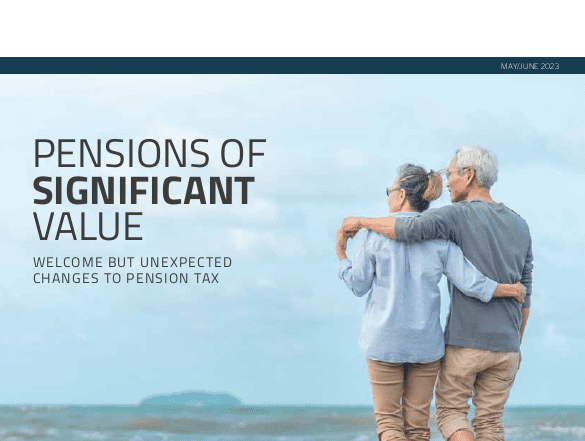20 – 30 year olds may not have the disposable income of other age groups. However, it isn’t cost that prevents younger or single people from taking out protection policies – many fail to see the need as they may not yet have a mortgage or dependents.
Illness can strike anyone at any time and accidents happen. How would you cope financially without your income? Could you pay your rent, household bills or mortgage? If you live alone and rely on one income, you may struggle to meet living costs. You may live with parents – but what about the car loan and credit card bills?

Am I too young for Income Protection?
It’s never too soon to protect your income. Getting a mortgage and having children are often triggers for taking out protection policies, but income protection is a sensible precaution for all – regardless of age or family circumstance.
You may wonder if you’re too young to get income protection, but now could be the ideal time because premiums are based on actuarial decisions about life expectancy, meaning the older you are the higher the cost.
And if you have a history of illness the price could increase even more, or you may not get cover at all. If you apply when you’re young and healthy, getting income protection insurance will tend to be cheaper and you’re more likely to be accepted.
Will this be a large expense for someone in their twenties?
Income protection is cheaper than you think. Generally, the younger you are, the cheaper your premium will be. Also, you can choose a deferred period to suit your circumstances, potentially allowing you to arrive at a lower premium. The ‘deferred period’ is a fixed period of time that has to pass before your monthly pay outs begin. During this time you might rely on your savings or company sick pay to pay the bills before needing the benefit of your income protection policy.
How does Income Protection work?
Income protection insurance is a long-term insurance policy. It replaces part of your income, usually 50%-80%, if you can’t work due to illness or disability. Income protection does not cover redundancy.
There is usually a deferred period before payments start, and most people choose to wait until their sick pay ends. The policy will pay out until you are able to work again, or retire, whichever is sooner.
How much income protection insurance do you need?
Ok, let’s crunch a few numbers. Make a list of what you spend each month, including the type of everyday bills you would need to keep on paying.
Look at your total outgoings and ask yourself ‘are these essential?’. For example, if you really needed to, you could probably cancel your Netflix subscription, but your landlord or housemates will still need you to pay the rent. And then there are things like utilities, the weekly food shop, your phone, car finance or credit card bills.
Remember, income protection isn’t designed to cover your full salary. Most income protection policies cover a proportion of your salary up to a specific limit, while some policies will offer a small guaranteed monthly amount. The benefit is tax free, which is why it doesn’t cover the full salary.
Talk to us
It’s always a good idea to talk to a financial adviser who can answer your personal protection questions and help you navigate your financial aims. If you would like to talk to us, please get in touch.
PLEASE NOTE: Grosvenor Wealth Management Ltd is authorised and regulated by the Financial Conduct Authority.
Contact Form
Please complete this form if you wish to send us your questions or if you would like to request a call back.
We look forward to speaking with you.
Recent GWM articles that may be of interest
How can business owners protect their company?
Building a business is no easy feat. Behind the shiny brand colours is often blood, [...]
Smart Money May June 2023
Pensions of Significant Value Welcome to the May/June 2023 edition of Smart Money. In this [...]
Do I need mortgage protection insurance?
Mortgage protection insurance acts as a safety net to cover your monthly repayments if you [...]
Bring your goals to life with a financial plan
Where do you want to go, and how will you get there? These are the [...]
What is the average UK retirement income?
Thinking about the amount of money you need to retire can be daunting, but it’s [...]
Common misconceptions around Retirement
The abundance of retirement resources and advice available, while useful, comes with a challenge in [...]







